In the backyard chicken-keeping realm, dietary questions are common and crucial. One such query is: can chickens eat cottage cheese? To cut to the chase, yes, chickens can technically consume cottage cheese, but that doesn’t mean it’s always a good idea.
While cottage cheese contains beneficial proteins and calcium, it’s not without its concerns. Chickens are generally lactose intolerant, and cottage cheese, even in small amounts, might cause digestive issues. Overfeeding could lead to obesity, and additives in commercially produced cottage cheese may be unsuitable for your flock.
Throughout this article, we’ll explore these issues in more detail. We’ll examine chickens’ dietary needs, potential benefits and risks of cottage cheese, and recommend alternative protein-rich foods. Whether you are a chicken veteran or a beginner, this detailed guide will help you make informed decisions about your chickens’ diet.

Understanding Chickens’ Dietary Needs
A chicken’s diet is not a matter to be taken lightly. Much like humans, chickens have specific nutritional needs that must be met to ensure they lead healthy, productive lives.
The basic dietary requirements of chickens
Chickens primarily require a balanced diet that includes proteins, carbohydrates, fats, and essential vitamins and minerals. Commercially prepared poultry feeds are generally designed to meet these needs, but a little variation with kitchen scraps and garden produce can also add to their dietary health.
Importance of a balanced diet for chickens
A balanced diet for chickens is crucial. It promotes good health, boosts immunity, and improves productivity in laying eggs or producing meat. Any nutritional imbalances can lead to health problems such as weakened immunity or reduced productivity.
Role of proteins and calcium in chicken’s diet
Proteins are essential for the overall growth of chickens, while calcium is specifically crucial for laying hens as it helps form strong eggshells. Foods rich in these nutrients are often beneficial additions to a chicken’s diet.
[ChickenAffiliate]
Cottage Cheese as a Potential Food for Chickens
Cottage cheese, a common dairy product in many households, could be included in your chickens’ diet. But what does it offer?
Nutritional composition of cottage cheese
Cottage cheese is rich in protein and contains some calcium, making it a potentially beneficial food. It’s low in fat and also contains some essential vitamins and minerals.
Health benefits of cottage cheese
For humans, cottage cheese can aid in muscle repair and bone health, and it supports weight loss. Could these benefits translate to our feathered friends?
Common ways to incorporate cottage cheese
Cottage cheese is versatile and can be added to various meals, from salads to baked goods. The same creativity could potentially be applied to feeding chickens.
Can Chickens Eat Cottage Cheese?
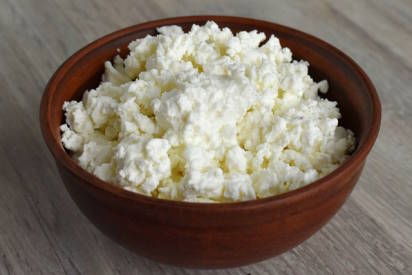
Here’s the million-dollar question – can chickens eat cottage cheese? Let’s delve into this.
Experts’ views on feeding cottage cheese to chickens
The consensus among poultry experts seems to be divided. Some say chickens can handle small amounts of cottage cheese, while others advise against it due to potential risks associated with feeding dairy to birds.
Possible health implications of cottage cheese for chickens
Cottage cheese could provide an extra protein source for chickens, but it might also lead to digestive issues because birds generally are lactose intolerant.
Instances of cottage cheese ingestion in chickens
There have been instances of chicken keepers feeding cottage cheese to their chickens without apparent harm, but these should not be considered definitive proof of safety.
Potential Risks and Considerations of Feeding Chickens Cottage Cheese
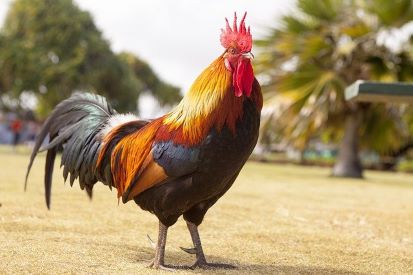
We should consider the potential downsides of feeding cottage cheese to chickens.
Lactose intolerance in chickens
Chickens, like many birds, are lactose intolerant. Although cottage cheese is low in lactose, there might still be enough to cause digestive upset in some birds.
Risk of obesity and other health issues
Cottage cheese should be given as an occasional treat, not a staple. Overfeeding can lead to obesity and other health issues.
Concerns with commercially prepared cottage cheese
Some cottage cheeses may contain additives or high sodium levels, which are unsuitable for chickens.
Proper Ways to Introduce Cottage Cheese to Chickens
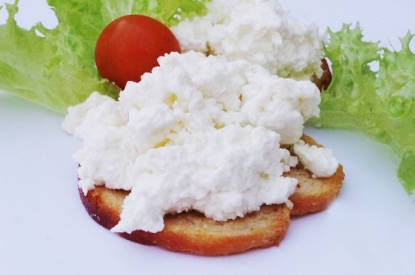
If you decide to give cottage cheese a shot, here’s how to proceed.
Recommended portion sizes and frequency
Start small, observe your chickens, and adjust accordingly. A spoonful of cottage cheese for a small flock now and then should be enough.
Best practices for serving cottage cheese to chickens
Serve it plain without any additives or spices. Mix it with other healthy treats like fruits and vegetables or their regular feed to make it more appealing.
Observing chickens after introducing cottage cheese
Keep a close eye on your chickens after introducing cottage cheese. Monitor their behavior, eating patterns, and droppings to ensure they’re not experiencing any digestive issues.
Alternative Foods for Chickens if Cottage Cheese is Not Suitable
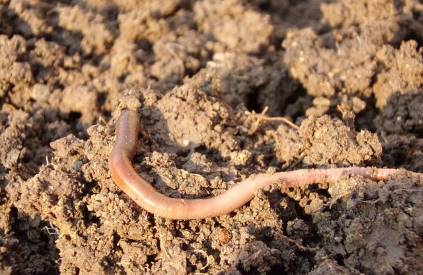
If you’ve concluded that cottage cheese and your chickens are not the perfect match, don’t worry! There are plenty of other options available.
List of safe, protein-rich foods for chickens
Chickens love protein-rich foods such as mealworms, earthworms, and even cooked meat in small quantities. Other dairy-free sources of protein include legumes and seeds.
Tips for maintaining dietary variety for chickens
Dietary variety is key for chickens’ health. Combine commercial poultry feed with garden produce, kitchen scraps, and safe, protein-rich foods to provide a balanced diet.
Suggestions for foods to avoid when feeding chickens
Some foods should be strictly avoided as they can be toxic for chickens. This list includes raw potatoes, chocolate, coffee grounds, avocados, and certain types of plant matter like rhubarb leaves.
What Other Dairy Products Can Chickens Eat?
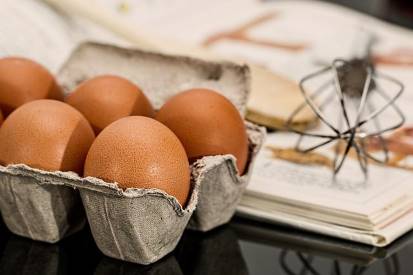
Like cottage cheese, other dairy products might seem like tempting treats to share with your feathered friends. Let’s examine the suitability of popular dairy items, such as cheese, eggs, yogurt, ice cream, and sour cream.
Cheese
While cheese might be a good source of protein and calcium, similar to cottage cheese, it is still a dairy product that could potentially upset a chicken’s digestive system. Moreover, many types of cheese contain high levels of fat and salt, which aren’t ideal for chickens.
If you wish to give cheese to your chickens, do so sparingly and opt for low-sodium, low-fat varieties.
Read More: Can Chickens Eat Cheese? The Surprising Answer And More
Eggs
Surprising as it may sound, chickens can safely eat eggs. Eggs are an excellent source of protein. However, cook the eggs before offering them to your flock.
Raw eggs could risk salmonella exposure, and you don’t want your chickens to start eating their own raw eggs.
Read More: Can Chickens Eat Eggs? Unscrambling The Facts
Yogurt
Yogurt can benefit chickens due to its probiotic content, which can support digestive health. However, remember that it is still a dairy product, and some chickens may not tolerate it.
As with other dairy products, moderation is key. Plain, unsweetened yogurt is the best choice.
Read More: Can Chickens Eat Yogurt? Unveiling The Benefits And Risks
Ice Cream
While the idea of chickens enjoying a cool treat on a hot day might be amusing, it’s best to skip the ice cream. Not only is it a dairy product that may cause digestive issues, but it also contains high amounts of sugar, which is not good for chickens. There are many healthier ways to help your chickens cool down in hot weather.
Read More: Can Chickens Eat Ice Cream? Debunking Myths & Healthy Alternatives
Sour Cream
Sour cream, similar to other dairy products on this list, should be offered to chickens sparingly. It is high in fat and can be difficult for chickens to digest. A tiny bit as a rare treat might be acceptable, but there are many other healthier, safer options for treats that your chickens will enjoy.
Read More: Can Chickens Eat Sour Cream? Unraveling The Dairy Dilemma
Can chickens eat cottage cheese – final thoughts
Can chickens eat cottage cheese? Well, technically, yes. But it’s not as simple as chucking a pot of the stuff into the coop and calling it a day. With their sensitive digestive systems and potential lactose intolerance, Chickens might have some issues dealing with this seemingly harmless dairy product.
The world of backyard chicken keeping certainly keeps us on our toes, right? Remember to introduce new foods like cottage cheese in moderation, watch for any changes, and keep those tasty, protein-rich alternatives handy just in case.
